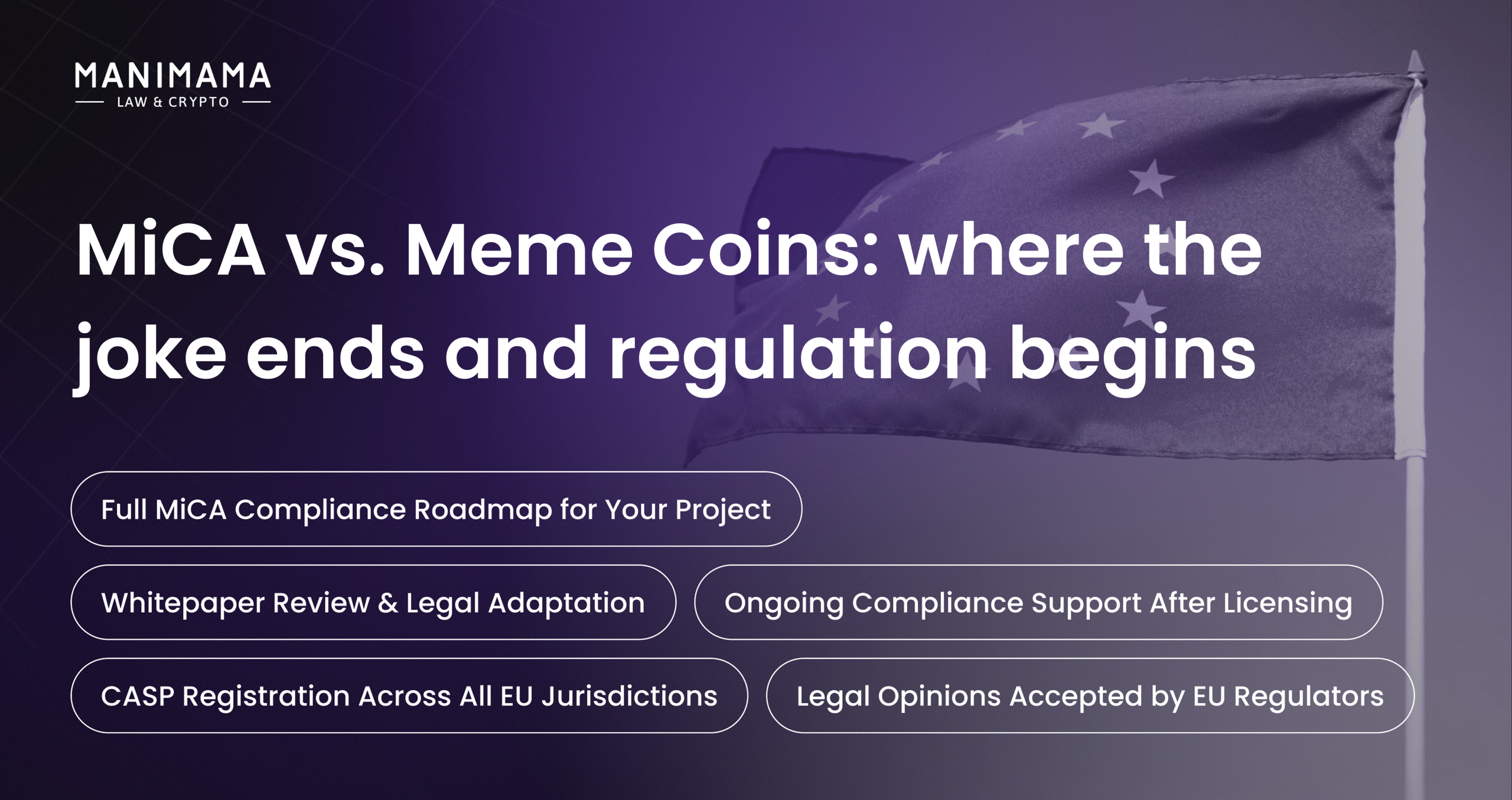As of November, 2025, the 15% Global Minimum Tax (Pillar II or GloBE) is a legal and financial reality.
In simple terms, Pillar II makes sure that every large multinational pays at least 15% tax – no matter where they earn or move their profits. If a company pays less in one country, another can collect the difference. The goal is fairness, the effect is a complete rewrite of how international business operates.
Imagine you’re a big company trying to lower your taxes by moving profits to a sunny offshore island. Under the new rules, that trick no longer works. Even if you pay 0% tax there, another country will step in and make you pay the missing part – until your total tax hits 15%.
That’s the essence of Pillar Two: a global safety net that stops large multinationals (revenues above €750M) from escaping tax altogether. No matter where you go, you’ll end up paying your share.
The decentralized, non-traditional nature of crypto finance fundamentally conflicts with the OECD’s GloBE framework, creating massive, unavoidable risks that are not being addressed.
Four Critical Points of Failure in the GloBE Framework for Crypto MNEs:
1. The “Constituent Entity” paradox (DAO vs. Article 1.3).
The GloBE rules apply to “Constituent Entities,” which Article 1.3 of the Model Rules defines based on traditional accounting consolidation. A Decentralized Autonomous Organization (DAO) has no parent company to consolidate it. This legal vacuum is a catastrophic risk. As tax authorities and courts increasingly classify unstructured DAOs as “Transparent Entities” or even “general partnerships,” the allocation of income and taxes becomes an untraceable nightmare for GloBE’s jurisdictional calculations. This isn’t a simple classification issue; it’s a structural failure to map your organization to the law.
2. The volatility trap and the 5-Year DTL clawback (Article 4.4).
GloBE’s Article 4.4 allows for deferred tax accounting to smooth out ETR volatility — a crucial provision for firms holding crypto-assets. However, it contains a critical, non-negotiable failsafe: the 5-year DTL recapture rule. This rule demands that Deferred Tax Liabilities (like those on unrealized gains) must reverse within five years. Crypto-assets, often held for long-term strategic appreciation, are almost guaranteed to fail this test. The result? The deferred tax benefit is clawed back, your ETR for that year plummets, and a massive, retroactive Top-up Tax is triggered.
3. The “Substance-Based” Fallacy (Article 5.3).
The framework provides a minimal safe harbor, the “Substance-Based Income Exclusion” (SBIE) in Article 5.3, based on tangible assets (factories, equipment) and payroll. This exclusion was designed for 20th-century manufacturing, not 21st-century digital value. Your decentralized MNE — whose value lies in intangible code, protocols, and digital assets, not physical property — is structurally guaranteed a near-zero SBIE. This fallacy in the law’s design means your low-tax model is invalidated by default.
4. The jurisdictional black hole (the core GloBE logic)
The entire GloBE premise rests on calculating an Effective Tax Rate (ETR) per jurisdiction. This is a geographical impossibility for decentralized finance. How do you allocate the profits from a multi-billion dollar liquidity pool to a single country? Where is the “jurisdiction” of a developer team distributed across 30 nations and paid in tokens? Your MNE cannot provide the data GloBE demands because, in your operating model, that data does not exist.
The challenge is a business model crisis, not an ERP upgrade.
Your current data architecture is technically incapable of producing the legally required data to defend your tax position. You are not just non-compliant; you are structurally incompatible with the new global standard.
We engineer GloBE compliance.
Manimama is not a traditional law firm. We are legal and data architects specializing in the precise intersection of global tax reform and digital finance. We don’t just “advise” — we build your compliance framework.
Stop risking unpredictable Top-up Taxes. Start planning with certainty.
ACT NOW! Secure your GloBE-ready future.
Don’t wait for the audit. The 2025 compliance deadline is here.
The content of this article is intended to provide a general guide to the subject matter, not to be considered as a legal consultation.










